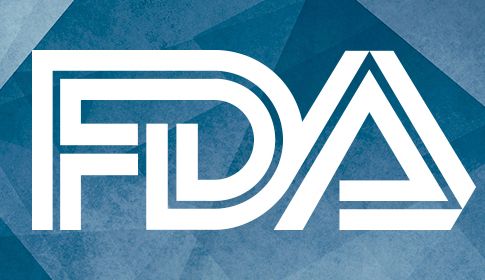Exenatide Extended-Release Receives Historic FDA Approval for Use in Pediatric Type 2 Diabetes
With approval, exenatide extended-release (BYDUREON BCise) becomes the first weekly GLP-1 RA therapy to receive approval for improving glycemic control in pediatric patients aged 10-17 years with type 2 diabetes.

The US Food and Drug Administration (FDA) has approved exenatide extended-release (BYDUREON BCise) for improving glycemic control in pediatric patients aged 10-17 years with type 2 diabetes as an adjunct to exercise and diet.
Announced in a press release from AstraZeneca on July 23, exenatide extended-release becomes the first once-weekly GLP-1 receptor agonist treatment to receive approval in pediatric populations.
“The US FDA approval is an important milestone for the treatment of children with type 2 diabetes. BYDUREON BCise brings an important new therapeutic option to physicians caring for children with this chronic disease that can lead to serious long-term issues if not adequately treated,” said William Tamborlane, MD, Department of Pediatrics, Yale School of Medicine, in the press release.
According to AstraZeneca, approval for exenatide extended-release in this new patient population is based on the results of the phase 3 BCB114. Of note, exenatide extended-release (BYDUREON) became the first once-weekly therapy approved by the US FDA for improving glycemic control in patients with type 2 diabetes in 2012 and BYDUREON BCise received approval in 2017 as an auto-injector device.
BCB114 compared exenatide extended-release to placebo therapy in adolescent patients with type 2 diabetes over a 24-week period. The trial, which also included a 28-week open-label extension period, enrolled 82 patients aged 10-17 years treated with diet and exercise along or in combination with a stable dose of oral anti diabetic agents and/or insulin. Results of the trial demonstrated use of exenatide extended-release was associated with significantly greater mean change in HbA1c compared to placebo.
The release from AstraZeneca also noted adverse reactions observed in the pediatric population used in the study were consistent to those seen in adult populations. Additionally, the release points out the safety and efficacy of exenatide extended-release has not been established in patients younger than 10 years old.
“This decision is an important milestone for the care of this younger patient population by providing a convenient, once-weekly treatment option. The Phase III data that supported this approval demonstrated the safety and tolerability of exenatide extended-release in younger patients was similar to the proven safety profile of this medicine in adults.”